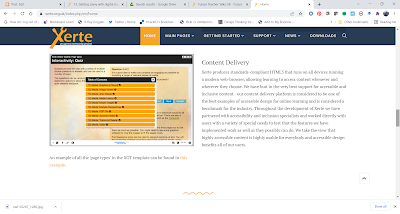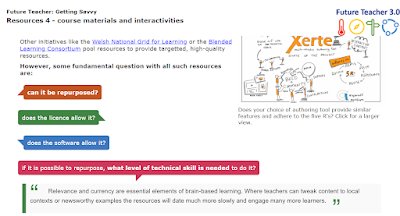Image by Ylvers from Pixabay
The future's bright, the future's Orange
I have been reflecting on my participation in the Future Teacher 3.0 network and the connections between the future, the orange flames illustrated here, the nature of forest fires and technology are all coming to my mind. I last wrote about the impact of Future Teacher 3.0 nearly two years ago.
Now I wish to reflect more urgently on the nature of this network and the resources it provides. Urgently because time is running out, we are (if you hadn't noticed, let's face it our government hasn't) in a global climate crisis. We are also at 90 seconds to midnight on the Doomsday clock. The orange future is upon us like a forest fire. Education is urgent, must be accessible to all, sustainable and free from bias if it is to help humanity to face the future. Importantly, it needs to be trully sustainable.
How does Future Teacher address this urgency?
- the resources it contains offer a comprehensive digital snapshot of technology enhanced learning in 3rd sector education spanning many years. We can learn from the past to better face our future
- the community it has created over 7 years is vibrant and supportive. You can connect on our LinkedIn group we have recently moved away from the burning hotspot of X formerly aka Twitter. We are better together.
- The shifting sands of technologically "enhanced" teaching and learning bring big challenges and a need for critical thought. We have to watch our step.
- As educators we have a responsibility to ensure access for all, push back against bias, exclusion and discrimination. We must keep our eyes and our hearts open.















